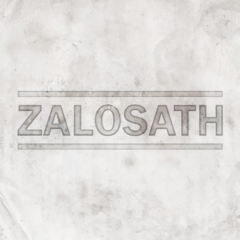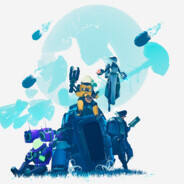What should I do Before I give up programming?
-
Featured Topics
-
Topics
-
NickKz ·
Posted in Programs, Apps and Websites2 -
0
-
3
-
JakubR88 ·
Posted in Graphics Cards8 -
3
-
ollo ·
Posted in Troubleshooting0 -
1
-
YFearless ·
Posted in Troubleshooting0 -
bensinspade ·
Posted in Graphics Cards3 -
WindyGryphon160 ·
Posted in Cooling0
-


















Create an account or sign in to comment
You need to be a member in order to leave a comment
Create an account
Sign up for a new account in our community. It's easy!
Register a new accountSign in
Already have an account? Sign in here.
Sign In Now